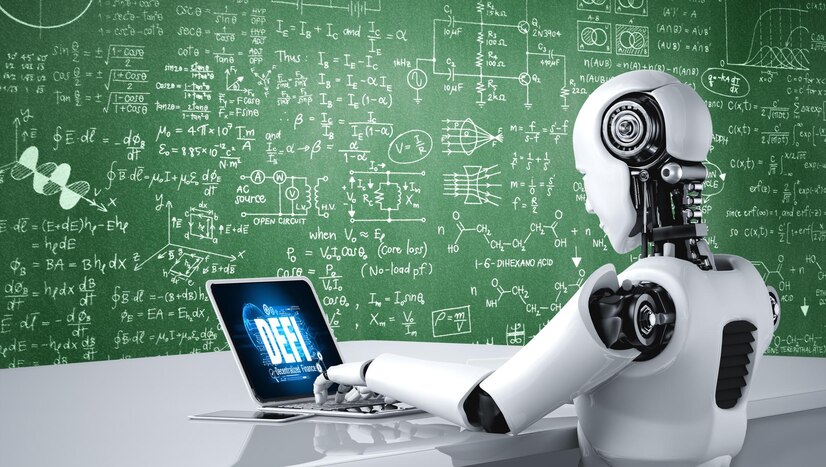
AI Acquires All of Its Knowledge from People. Will AI Teach Humans Anything, Too?
One of the best go players in the world, Lee Sedol, was defeated by an artificial intelligence program named AlphaGo in 2016, taking the lead in four out of five games. By seeing how human players play the game and competing with other versions of itself, AlphaGo was able to learn the strategy board game. Although AI systems have been studying humans for a long time, researchers are now wondering if this learning could occur in both directions.
Is there anything AI can teach us?
Assistant professor Karina Vold of the University of Technology’s Institute for the History and Philosophy of Science and Technology thinks we can. She is researching how technology, like the neural networks that power modern AI systems, might teach humans new things.
Assistant professor Karina Vold of the University of Technology’s Institute for the History and Philosophy of Science and Technology thinks we can. She is researching how technology, like the neural networks that power modern AI systems, might teach humans new things.
“In the case of Go, professional players learn through proverbs such as ‘line two is the route to defeat,’ or ‘always play high, not low,’” says Vold, who works at the intersection of philosophy and cognitive science, and is affiliated with the Schwartz Reisman Institute for Technology and Society. Those proverbs can be useful, but they can also be limiting, impeding a player’s flexibility. AlphaGo, meanwhile, gleans insights – a term that Vold believes is appropriate – from digesting enormous volumes of data. “Because AlphaGo learns so differently, it did moves that were considered very unlikely for a good human player to make,” Vold says. (University of Totronto magazine).
“In the case of Go, professional players learn through proverbs like ‘always play high, not low,’ or ‘line two is the route to defeat,'” explains Vold, a cognitive scientist and philosopher who is associated with the Schwartz Reisman Institute for Technology and Society. Although those sayings have their uses, they can also be restrictive and hinder a player’s adaptability. Meanwhile, Vold thinks the name “insights” is fitting for what AlphaGo extracts from processing massive amounts of data. According to Vold, “AlphaGo made moves that were thought to be extremely unlikely for a good human player to make because it learns so differently.”
In some cases, Vold says, we may have to rely on the “AI scaffolding” permanently, because of the limitations of the human brain. For example, a doctor can’t learn to scan medical images the same way that an AI processes the data from such an image; the brain and the AI are just too different. But in other cases, an AI’s outputs “might serve as cognitive strategies that humans can internalize [and, in so doing, remove the ‘scaffolding’],” she says. “This is what I am hoping to uncover.”